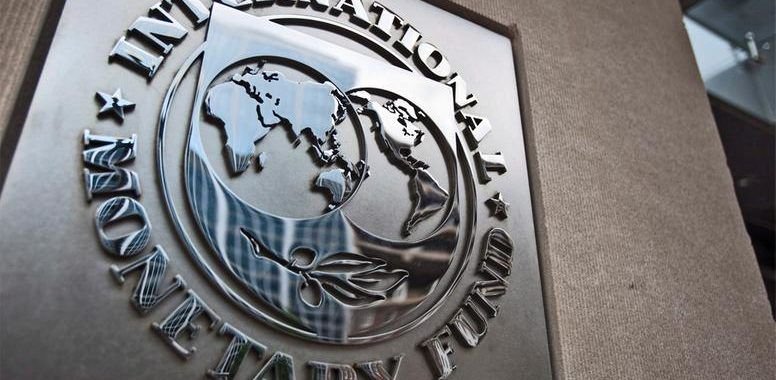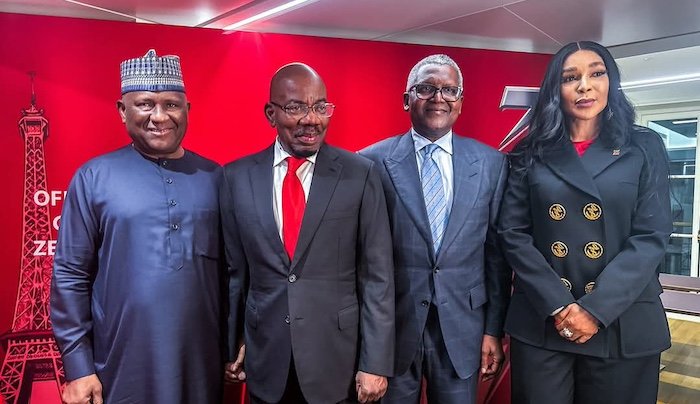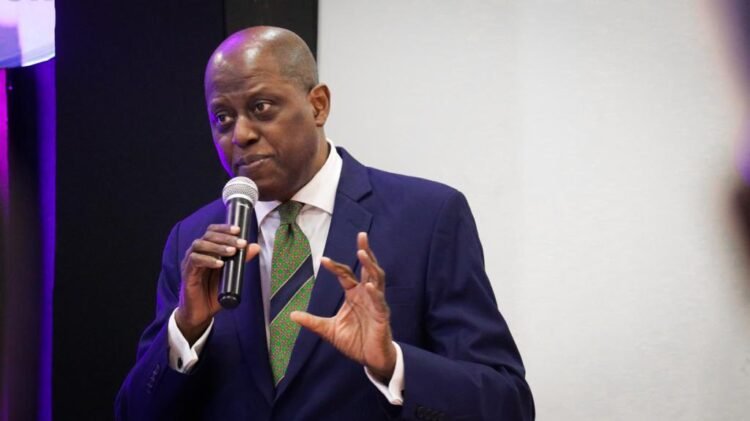The Managing Director of the International Monetary Fund (IMF), Kristalina Georgieva, has raised concerns about new US tariffs, labeling them a significant risk to the global economy amid ongoing economic sluggishness. Her remarks followed the announcement of these tariff measures on Tuesday.
Georgieva stated, “We are still assessing the macroeconomic implications of the announced tariff measures,” emphasizing that these tariffs pose a “significant risk to the global outlook” during a period of slow economic growth. She urged both the United States and its trading partners to engage in constructive dialogue to resolve trade tensions and reduce uncertainty, which could further weaken investment and growth.
The recent US announcement included a 14 percent tariff on goods imported from Nigeria, part of President Trump’s broader protectionist trade policy. This decision has triggered volatility in financial markets, affecting Wall Street, European indices, and Asian markets.
The specific tariffs target key Nigerian exports, including agricultural products and manufactured goods. As the IMF continues to analyze the potential impacts of these tariffs, past similar measures have led to retaliatory actions from major trading partners, further complicating global supply chains and increasing costs for businesses and consumers.
Georgieva confirmed that a comprehensive assessment of the tariffs’ impact will be included in the upcoming World Economic Outlook report, which will be published during the IMF/World Bank Spring Meetings later this month. These meetings are expected to address trade tensions and their implications for global economic health, with policymakers closely monitoring the IMF’s findings.
The IMF has consistently advocated for open trade and multilateral cooperation, warning that escalating trade restrictions could stifle economic progress and exacerbate existing challenges posed by high inflation and tightening monetary policies in several major economies. As the global economy continues to recover from various shocks, the IMF’s call for cooperation highlights the need for balanced solutions in managing trade tensions.






